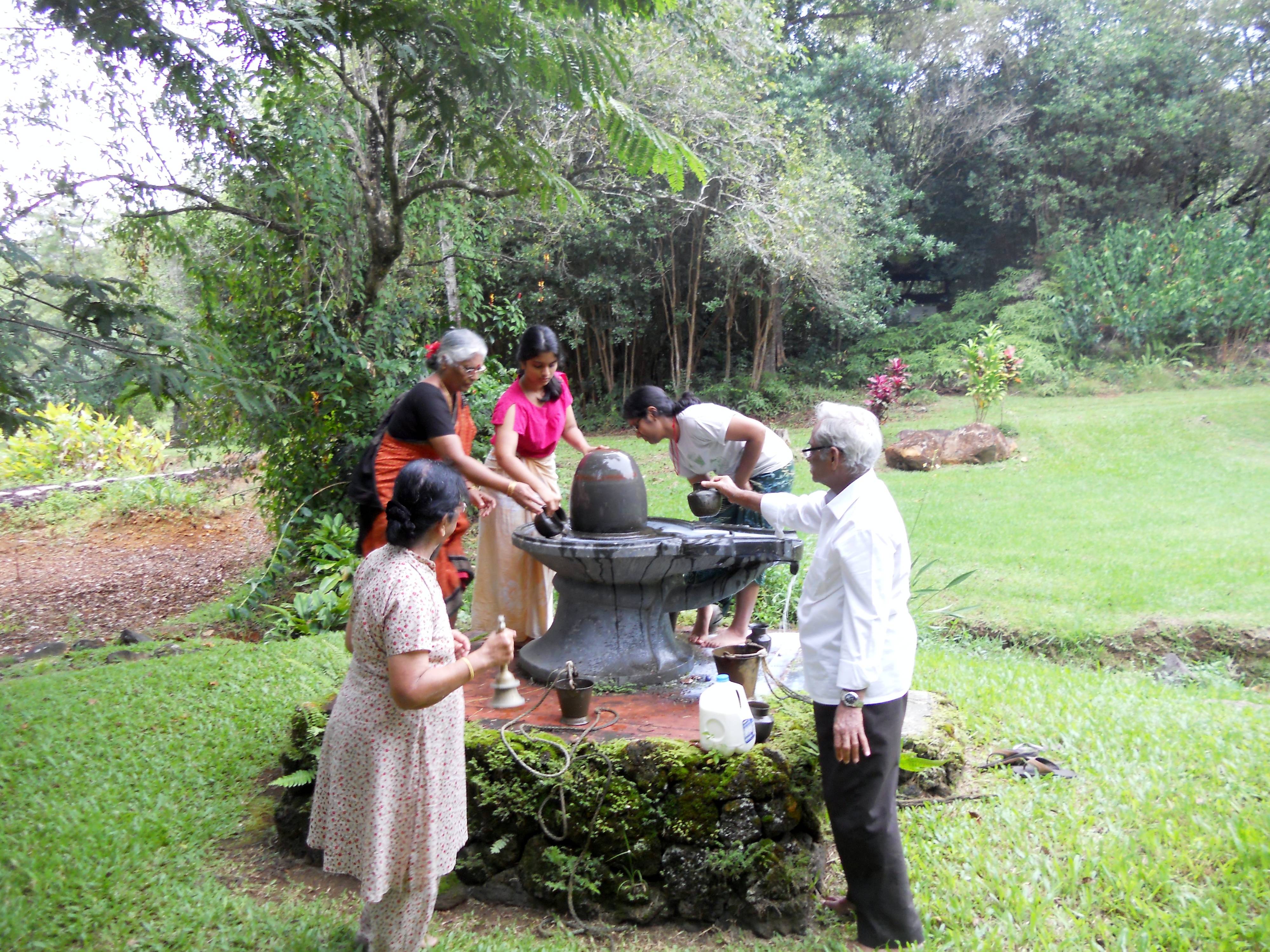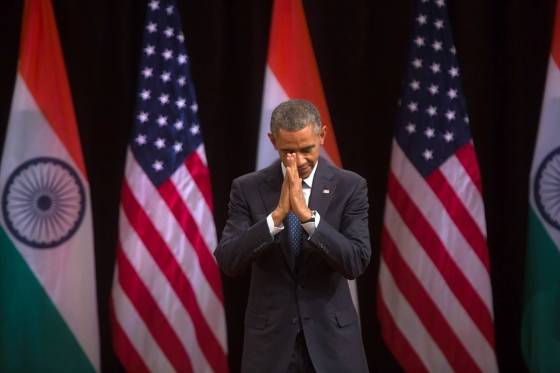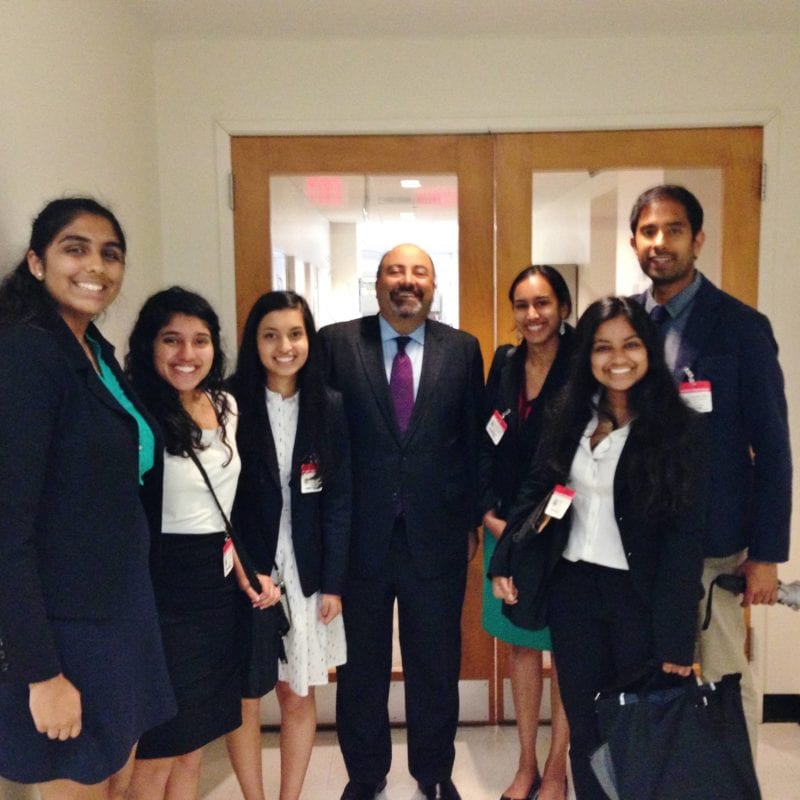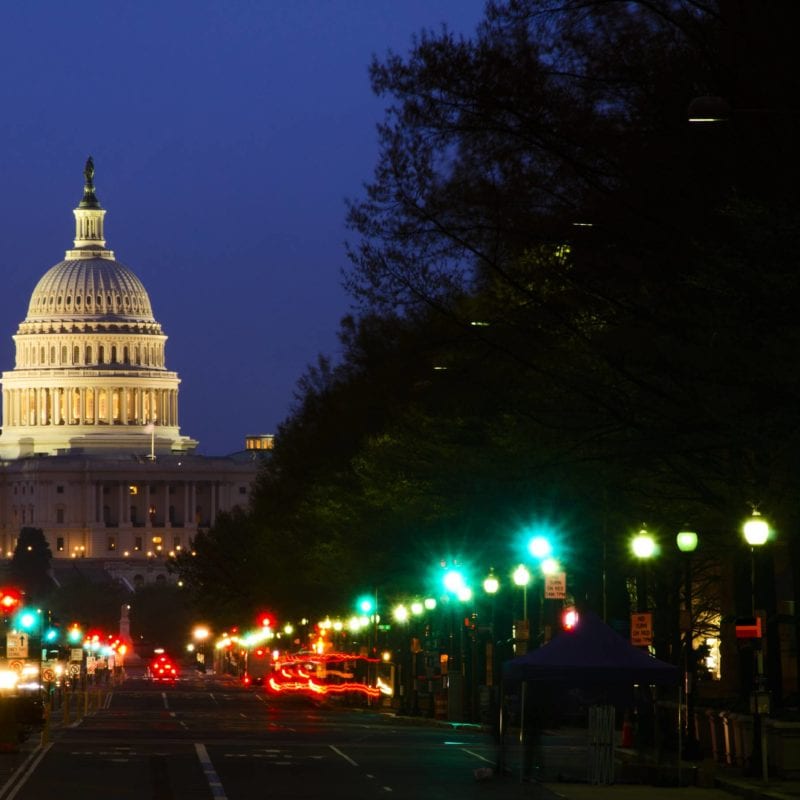
Ekam Sat Vipra Bahudha Vadanti
There is one truth, but wise ones call it in many ways.
Much of my childhood consisted of hearing this phrase repeatedly, whether it was from reading the Gospel of Sri Ramakrishna on my bedside table or from attending lectures by Swamis who visited our local Vedanta Center. I would sigh each time my parents insisted I accompany them to the ashram, and looked forward to their glances at the end of the night when it was finally time to leave. Going to temple and learning about Hinduism was simply part of my weekly routine, something I did not out of personal interest, but out of mere habit.
I didn’t jump at the chance to share my religion with friends or teachers at school, nor did I really mention it at all. On more than one occasion, my peers make the common mistake of muddling Indian culture with the Hindu tradition, questioning me about the caste system or arranged marriages and my own (future) experiences with it. I didn’t feel equipped to respond appropriately and would change the topic, silently questioning the issue myself.
Somewhere along the way, perhaps in high school, I found myself voluntarily turning to my faith when things didn’t go as planned. My parents no longer had to insist that I do morning prayers, or read my Gospel at night. More so than habit, it became something I truly enjoyed.
What does any of this have to do with my summer with the Hindu American Foundation (HAF)? Well, everything. I’ve identified as Hindu for as long as I can remember. But whether that was purely due to parental influence or personal choice, I was unsure. HAF has provided me with that clarity: during my second interview, I was asked what my faith meant to me. And that put my brain in overdrive– what did it mean? Why did it matter that I was Hindu?
I ended the interview a little choked up, having realized that it means everything to me. In college, my faith and the Hindu morals I’d been brought up with were what stuck with me. They kept me grounded, sane, and motivated. When I sang at temple (sidenote: I’ve been singing Carnatic since I was three, and it’s arguably my favorite pastime), I always felt a kinship with others in the room. Music ultimately became my form of prayer, my connection with a greater being, and for that, I am forever grateful.
I’ve loved working at HAF for tangible reasons as well. During my time here, I’ve attended a plethora of events to learn about and discuss hate crimes, civil liberties, foreign policy issues in South Asia, and more. I’ve received projects that I hold close to my heart, as the HAF staff tailors each of our assignments to our interests, which I have greatly appreciated.
Each day, I’m surrounded by people who willingly dedicate their time to speaking up for the voiceless, be it minorities in our nation or across the world. And the work we do at HAF, however small or large, helps to alter negative perceptions of Hinduism and helps those lost elementary school kids, who might not have been able to explain their faith to their peers or questioned themselves consistently.
Today, I am proud to be a Hindu American advocate. Every young Hindu deserves to be proud of their faith and to embrace it wherever and whenever they choose.
Perhaps the most valuable asset I’ve gained from my summer in DC with HAF is the realization that I’m Hindu because I choose to be, not because I was born into it nor because I’m surrounded by it. For me, being a Hindu is more than a birthright. It’s a choice. My choice. And that’s something that will stay with me for a lifetime.








































